|
Participation assumes an invitation. Something is happening someplace and audience-players are welcomed with an invitation into the territory of the magic circle of play. But what if we are not welcome? What if some are welcome participants but others are not? Normally, the value of universal access is invariably taken as given, and yet, there are some contexts where a closed door is not only a valid option, but is itself a powerful dramaturgical strategy that speaks in meaningful ways to the nature of an invitation and what or who authorizes that border crossing. One specific example of being unwelcome manifests in David Garneau’s articulation of the necessity for what he calls “irreconcilable spaces of Aboriginality.” [1] These are “gatherings, ceremony, nehiyawak (Cree)-only discussions, kitchen-table conversations, email exchanges, et cetera, in which Blackfootness, Metisness, and so on, are performed without settler attendance. It is not a show for others.” [2] The unwelcome of these irreconcilable spaces first assert a private space, convenings---physical or virtual---that are closed to the gaze of outsiders. These are spaces of non-visibility that resist scopophilia. Second, Garneau says that beyond resistance to looking, these spaces also operate in resistance to resource extraction. There is a need to evade and resist colonial modes of engagement which are “characterized not only by scopophilia, a drive to look, but also by an urge to penetrate, to traverse, to know, to translate, to own and exploit. The attitude assumes that everything should be accessible to those with the means and will to access them; everything is ultimately comprehensible, a potential commodity, resource, or salvage.” [3] [What does this mean for my own Western-trained academic praxis? Read, collect, quote, cite, analyse, apply, synthesize, extend to new contexts. This is what I do. I have become acutely aware that it is without doubt a deeply extractivist approach. I begin with the assumption that everything is available to be read, quoted, and repurposed. Looking at this page, quotation marks and parenthetical citation brackets now look to me like nothing so much as spoons for my hungry scholarship and the scoop-like jaws of a giant yellow bucket excavator. I feel ashamed of my familiar mode of operation, and at the same time am profoundly uncertain how to proceed. How to engage with knowledge from other sources with respect and reciprocity?] Dylan Robinson in his book Hungry Listening takes the next logical step: “If Indigenous knowledge and culture is mined and extracted, then it would follow that another key intervention for disrupting the flow of extraction and consumption would be the blockade. [4] He then does exactly this and performs the exclusionary blockade surrounding an autonomous textual territory. On page 25 of the Introduction, he writes, “I ask you to affirm Indigenous sovereignty with the following injunction: If you are a non-Indigenous, settler, ally, or xwelitem reader, I ask that you stop reading at the end of this page. . . . The next section of the book, however, is written exclusively for Indigenous readers.” [5] He also provides an explicit invitation to rejoin the book later at the beginning of Chapter 1. Among the modes of non-participation in participatory theatre, the strategy of the blockade, of being unwelcome, functions differently than other multilinear mappings that also close off possible paths. In a choose your own adventure experience, multiple paths are available to you, but standing at the juncture point you choose one over the others. You still remain ignorant; it is an experience that you will not have, but the key difference is that you had an open choice. And that awareness of the path not chosen, like the blockade, functions to create dramaturgical meaning. The form of the experience can be marshalled to speak. The path that is closed off not by choice but by the consequences of my action is also distinct from the blockade. In Love Without Late Fees, an escape room/theatre play by Outside The March, for example, if our group of audience-players ‘wins’ at our episodic task then the plot moves in one direction and the couple rent one movie, but if we fail at the task, they rent a different movie and the romance plot moves in a different direction. Again there is a path that is removed from our experience but the closing of that option is causal, tied directly to my actions; there are transparent consequences. In both cases, the closed path could have been traversed within the parameters of the game-play. Any of the paths would be equally viable under other circumstances without prejudice. What did I do at Robinson’s injunction point? I stopped reading. My personal history is one that renders me unwelcome in this delimited space. I am the child of refugees. My parents arrived as children on Turtle Island to the city of Montreal by ship across the Atlantic in the years following World War II. All four of my grandparents were Holocaust survivors; their parents, most of their siblings, nieces and nephews having been murdered by the Nazis. Being stateless, Canada was a welcome haven. Clearly, I have no rights of welcome to asserted territory of Indigenous sovereignty, geographical or textual. However, my lifelong citizenship story is founded on the imaginary of being welcomed as a proud first-generation Canadian, and so it is a new thought for me to stop and think about who did that welcoming all those decades ago and what was their authority to do so? This is one of the effects of Robinson’s performed blockade. What does it feel like to be locked out? Surprise, certainly. What? I’m blocked?! That first hard stop is followed by a tingling pull of curiosity and FOMO. What am I missing? No peeking. Really, no peeking. I feel like an outsider. This is of course the intention and I must admit that this is not a common feeling for me. I am pretty accustomed to being able to go where I want and feel welcome. I feel a bit bruised. Hmmph. Ultimately, my feeling is respect for the closed door; it is rude to go somewhere and force your way in when you are explicitly asked not to attend. But, this is exactly what I have done in life. (Even if not me, myself, directly as an immigrant, at the minimum I am the mute beneficiary of my unwitting ancestors’ door crashing.) And so the performance in Hungry Listening of a participatory blockade not only opens consideration of my personal imbrication in colonization, and challenges me to figure out why I am unwelcome and what I can do in response, but on a general level engages the flip side of thinking about the invitation. Instead of focusing on how to make the transition to theatrical participation easy as Gareth White does, [6] by rendering that transition very difficult if not impossible as Robinson does, we now may be engaged with how and why the border crossing of participation sometimes should be hard. [7] Who are the rightful holders of sovereign authority inside the circle, and what are the appropriate credentials to enter? [1] Garneau, David., “Imaginary Spaces of Conciliation and Reconciliation: Art, Curation and Healing.” Acts of Engagement: Taking Aesthetic Action In and Beyond the Truth and Reconciliation Commission of Canada. Edited by Dylan Robinson and Keavy Martin. Wilfrid Laurier UP, 2016, 27.
[2] Garneau 27. [3] Garneau 23. [4] Robinson, Dylan. Hungry Listening: Resonant Theory for Indigenous Sound Studies. U of Minnesota P, 2020, p.23. [5] Robinson 25. [6] White, Gareth. Audience Participation in Theatre: The Aesthetics of the Invitation. Palgrave Macmillan 2013. [7] To date, I have not yet encountered this kind of unwelcome of an audience in an actual theatrical performance; however there are some recent adjacent examples relating to theatre-making processes and also to theatre reviewing. In the rehearsal process for Encounters At The Edge of the Woods (Hart House Theatre, September 2019), director Jill Carter held some separate sessions for Indigenous and non-Indigenous cast members. Moyan, Trina. “Encounters at the Edge of the Woods: Answering Calls and Standing at the Edge of a Pandemic.” Canadian Theatre Review 184 (Fall 2020): 76-81. When Yolanda Bonnell’s play bug was presented by Theatre Passe Muraille in February 2020, Bonnell asked that the work be reviewed only by folks who are Indigenous, Black, or people of colour. One of Bonnell’s asserted reasons is “that bug is an artistic ceremony, which she says ‘does not align with colonial reviewing practices.’” Fricker, Karen. “Critics who aren’t Indigenous, Black or people of colour aren’t invited to ‘bug.’ Yolanda Bonnell explains why.” Toronto Star 10 February 2020. https://www.thestar.com/entertainment/stage/2020/02/10/critics-who-arent-indigenous-black-or-people-of-colour-arent-invited-to-bug-yolanda-bonnell-explains-why.html. Recollet, Karen and J. Kelly Nestruck. “A Cree professor and a white critic went to Yolanda Bonnell’s bug. Then, they discussed.” The Globe and Mail 16 February 2020. https://www.theglobeandmail.com/arts/theatre-and-performance/article-a-cree-professor-and-a-white-critic-went-to-yolanda-bonnells-bug/ See also: Carter, Jill. “A Moment of Reckoning, an Activation of Refusal, a Project of Re-Worlding.” Canadian Theatre Review 186 (Spring 2021): 8-12. https://ctr.utpjournals.press/doi/full/10.3138/ctr.186.002; Carter, Jill. “My! What Big Teeth You Have!” On the Art of Being Seen and Not Eaten.” Canadian Theatre Review 182 (Spring 2020): 16-21.
0 Comments
Remixed, created by the artists behind Trophy [1], blends the materiality of receiving a gift in the mail with an app-based personal questionnaire. As “a listening party for one, performed together across time and space in a collective experience,” the artists invite interactive participation before, during, and extending beyond the scope of the time we share together at the show. The creators, Laurel Green, Sarah Conn and Allison O’Connor are experts in care, moving audiences softly through a personal playlist of stories and music while offering us tools to literally plant change and watch it grow. Nurturing change through emergent strategy is the name of the game in Remixed. Our small acts assemble the show but also re-assemble ourselves, sending us off into the world with a sense of our own potential. And a seed. When the show starts, I am invited to open a cardboard box that arrived by post a week prior. Inside the box, there is a small cardboard pot, a soil pellet, a beautiful hand crafted paper ball, and a circular piece of cream canvas mat with three painted circles on it, delineating where to place the other objects you were gifted. After placing the items on the cloth as instructed, I am then invited to fashion the cardboard box into an upright phone stand set for the performance. (Genius!) After “setting the stage” for myself, I answer a series of meaningful and personal questions. Through the interactive app, I select a graphic of a face or a visual of a heart beat to communicate how I’m feeling at the time of performance. The app asks questions about what things make me calm, the music I listened to as a kid, the music I listen to now, and my relationship to change. As I ponder my own intense relationship to systemic change in light of these questions, I meet the spinning wheel, showing me that something new is aggregating. The app then spits out a custom playlist, specifically made for me. Featuring a collection of both music and personal monologues inspired by my answers to the preceding questionnaire, this playlist is to be listened to while I move through the other instructions from the show. The first song that preceded the monologues was totally on point with my assertion earlier that I definitely listened to early 2000s pop when I was younger; Gwen Stefani’s “Hollaback Girl” blasts through my headphones. I felt seen, I felt heard, I want to dance along. The playlist was a gift, personally made for me, that put my lived experiences and memory in conversation with an emergent world beyond (See I LOVE YOU.). Listening to music from my youth while listening to stories about radical change from people I’ve never met put the personal in conversation with the political. My curated stories were mainly autobiographical stories of participation in systems change. I heard from a queer person who told the story of the first time they participated in a Pride parade. I heard from a Sri Lankan immigrant who runs programs to demystify the process of getting permanent residency in Canada. I heard from someone who runs cultural sensitivity training. I heard from an Indigenous woman who told the story of the healing ceremony that happens when a family member dies. While I listen to this playlist of songs and stories, I am told to place the soil pellet in the pot and fill it up with water. I take apart the little paper ball to find it full of seeds. Then I plant the seed in the soil. I am left with the explicit instruction to continue to nurture the plant, to keep it alive. I am challenged to carry the stories of individual and systemic change I have heard with me beyond this moment, to actively encourage visible and emergent change through the now embodied metaphor of nurturing a little sprout. The key point here is that this gift stays with me. Jenn reminds me that we don’t usually get mementos like this in bourgeois theatre. My sprout grew on my windowsill for a month after the show. Each of the stories in my personal playlist swirled around tiny individual intensely-local moments of change inside a bigger systemic movement. The stories lean into what adrienne maree brown calls emergent ways of thinking around the "the way complex systems and patterns arise out of a multiplicity of relatively simple interactions.” [2] Remixed offered me not only autobiographical stories of small participation in big change and but also an invitation to try it out myself. This kind of emergence, specifically planting the seed, is a future-oriented phenomenon. The seed proves a perfect metaphor for the fact that small acts of nurturing and care do the real work to change the world by first changing my world. The website for Remixed cites Octavia Butler to remind us that “all that you touch you change, all that you change, changes you.” We hear the stories of change, they change us, we actively bring life to something green. Although the modest scale of Remixed prevents us from accessing fully emergent pattern-making, the artists echo Augusto Boal’s rallying cry that performance can act as “rehearsal for the revolution.” [2] Remixed is an example of training for phase change, or what Jenn calls “proto-emergence.” This is how we start with just one of those simple interactions brown describes. The first in a potentially rich network of such interactions. Through planting the seed, I was acting as a vehicle for change --from the storytellers, through my hands, into the dirt, up into the sun. [1] Trophy is an award-winning interdisciplinary creative collective based in Ottawa that makes both performances and installations. Besides Remixed, they are known for their installation Trophy, a series of tents that house personal and autobiographical stories of change.
[2] adrienne maree brown, Emergent Strategy : Shaping Change, Changing Worlds. Chico: AK Press, 2017, pg 2. [3] Augusto Boal, Theatre of the Oppressed. Theatre Communications Group, 1985, pg 155. |

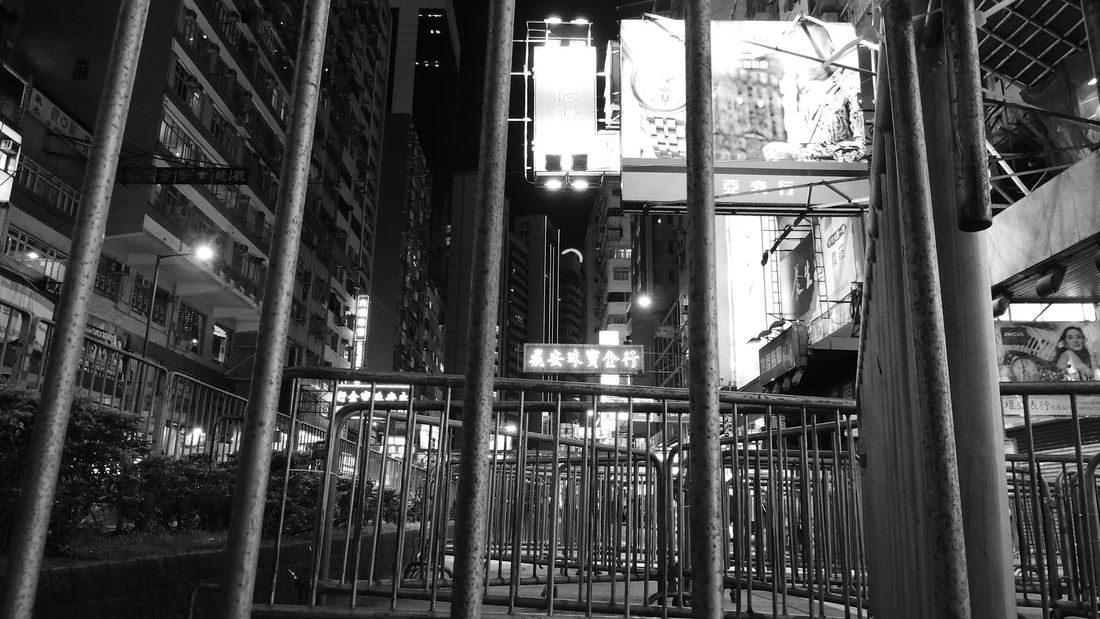
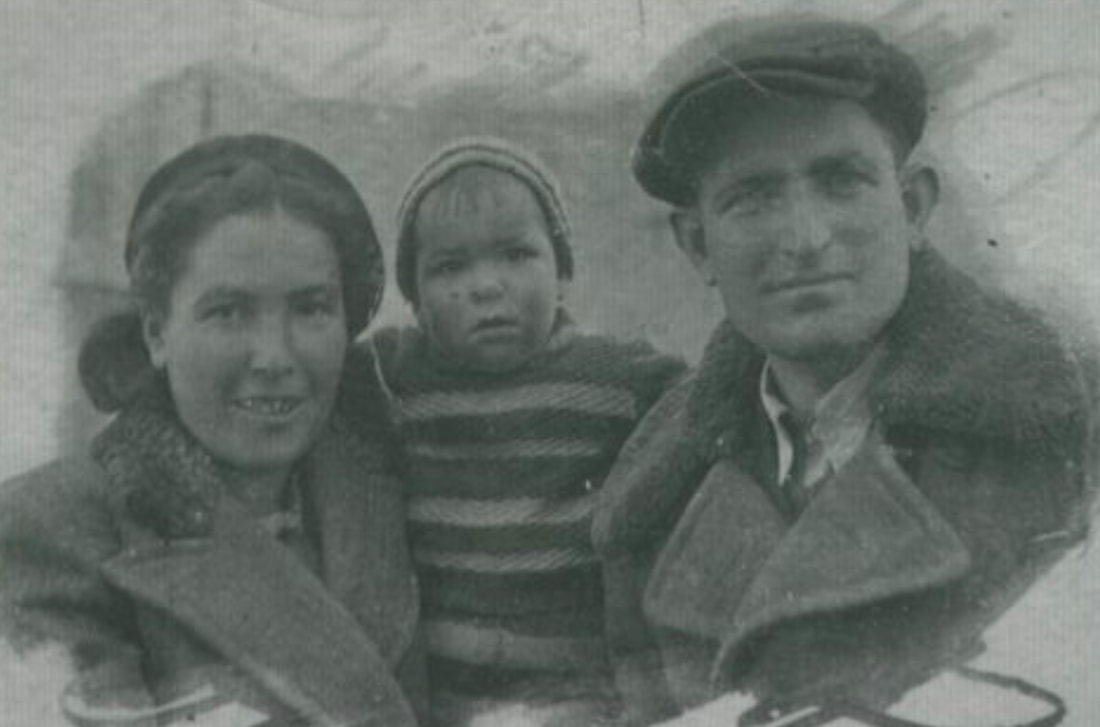
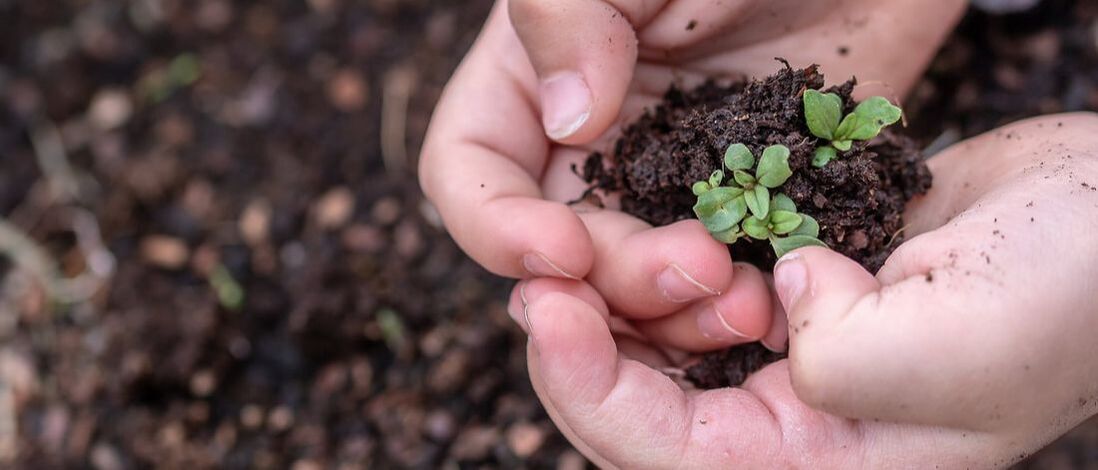
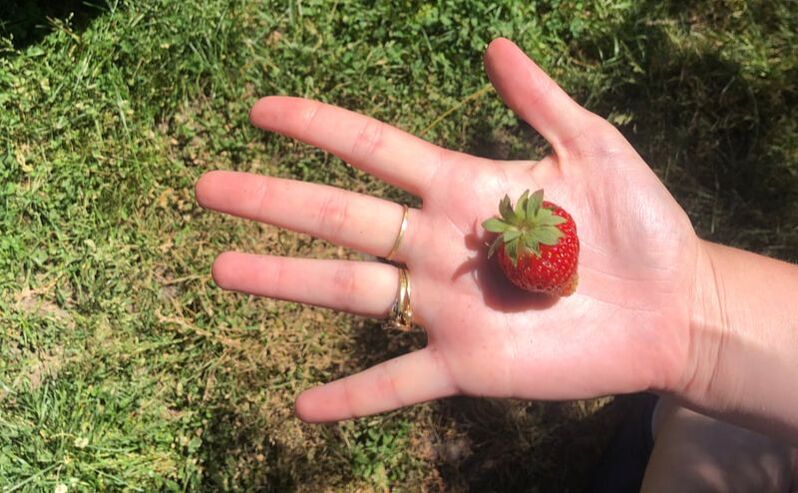
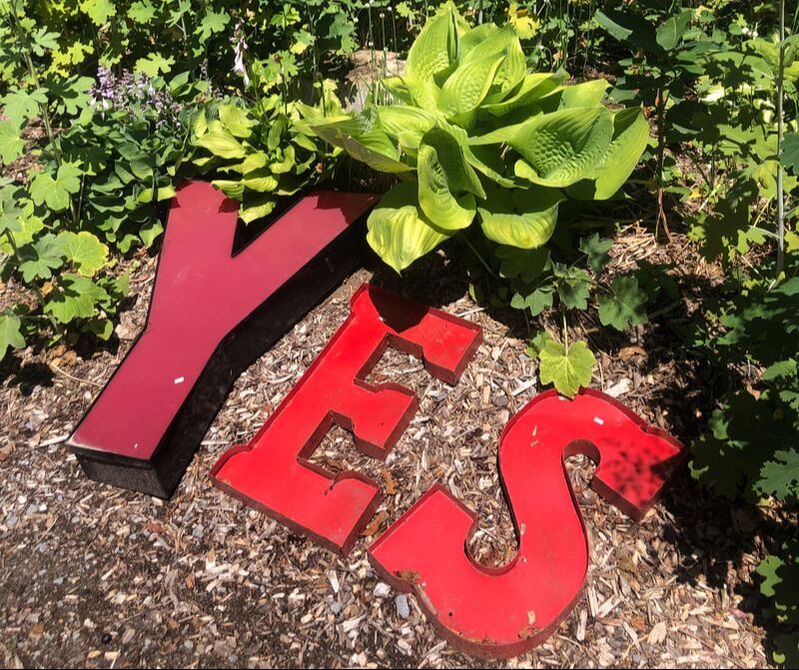
 RSS Feed
RSS Feed
